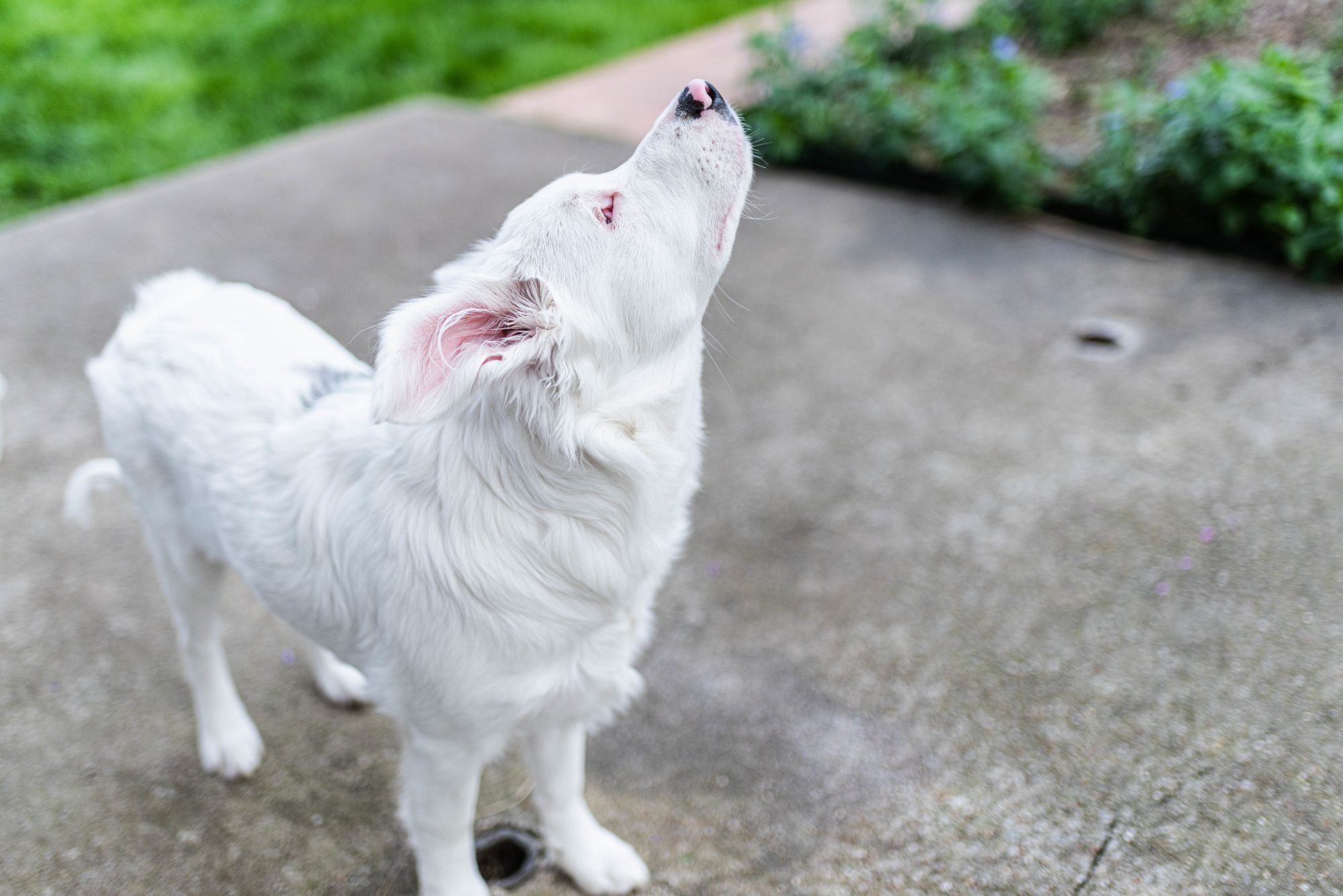Come again? Hearing Loss in Pets

Many owners take their pets’ senses for granted. After all, their impeccable sense of smell and keen hearing, as well as top-notch vision, are abilities that make an animal special. So, hearing loss in pets may come as a surprise to the owner. They may not even know their cat or dog is deaf until the loss becomes much more apparent.
Hearing loss in pets is a common occurrence, especially in senior pets. There are several things we can do to help your pet live a better life, even through the loss of their hearing.
Why Do Pets Lose Their Hearing?
There are many reasons why a pet can lose their hearing, but it is most often found among older pets. The reason for this is that over time the nerves within the ear degenerate. This can begin in an adult pet, then become more pronounced as they age. This reason for deafness in dogs and cats is similar to the occurrence of hearing loss among older humans.
Other reasons for hearing loss could be a genetic cause resulting in congenital deafness, toxicity, infection, or an injury to the ear canal.
Symptoms of Hearing Loss in Dogs and Cats
Deafness and reduced hearing in pets can be unnoticeable at first, then, as it progresses, there are behaviors that will emerge. These include:
- Not responding to your calls, or having to repeat yourself
- Increased accidents
- Not noticing loud noises that otherwise would alert them
- Imbalance/disorientation
- Startles easily
If you notice changes in your pet’s response or behavior, call us for an examination. Since your dog or cat depends on hearing as a way for them to navigate the world and feel safe, we want to make sure we get the right diagnosis for them.
Treatment and Management of Hearing Loss in Pets
If an injury or affected portion of the ear canal caused the hearing loss, we may recommend surgery. In most cases of progressive hearing loss, we recommend different approaches to managing the condition for improved quality of life.
There are ways you can better manage your pet’s hearing loss. Deafness or hearing loss can be frightening because pets rely so heavily on their hearing to feel safe. Try the following to reduce their anxiety and stress and encourage better communication with your furry one.
- Try not to startle your pet. Approach them from the front, never from the side or behind.
- Your pet can feel sound reverberations, so walk with a firm step as you approach.
- Keep placement of things, routine, and mealtime the same. The familiarity will help your pet feel at ease.
- Be careful never to let your pet off leash or outside unsupervised, since this puts them at risk for injury or a car accident.
Would you like more suggestions on helping your hearing-challenged pet? The team at OVRS is here to raise awareness of hearing loss in pets and provide recommendations and treatment. Please call us to learn more.


